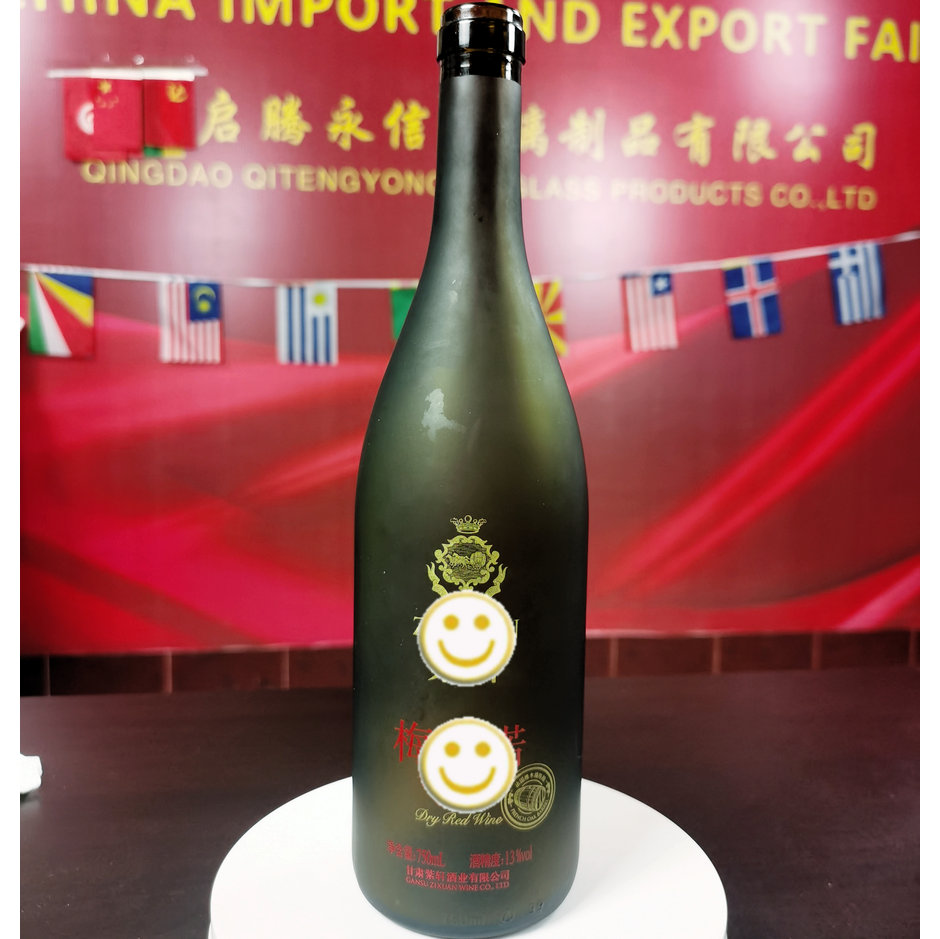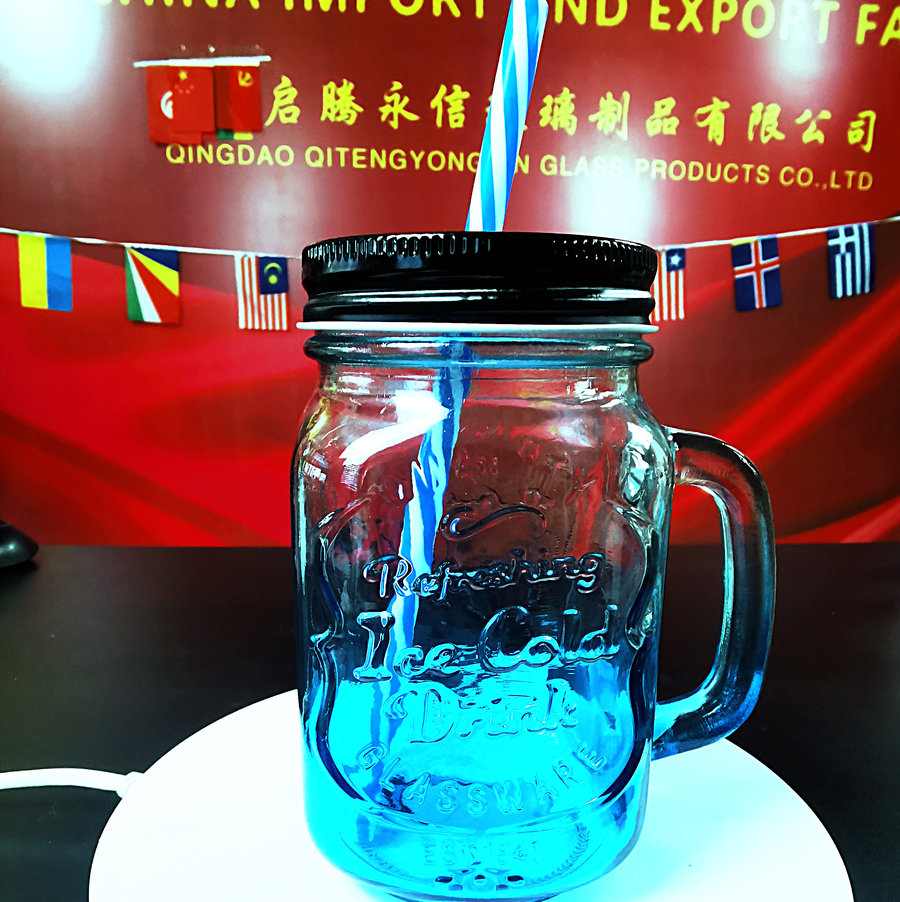Plastic waste is an increasingly growing problem across the globe. It pollutes our ecosystems and threatens biodiversity. Unfortunately, plastic waste has been increasing due to dropping recycling levels. In 2021, plastic waste recycling dropped to 5% in the United States. This is because countries have recently banned the importation of U.S. waste into their own countries, forcing the U.S. to begin to appropriately manage their waste. In an effort to combat this, the zero-waste movement is gaining popularity. One such component of the zero-waste movement is the introduction of “bring-your-own-container” (BYOC) stores. These spaces encourage consumers to purchase refillable products and buy items in bulk to save money and protect the environment.
Zero-waste and BYOC stores work differently depending on the products they offer. However, their ethos remains the same. Both types of stores aim to eliminate the negative impacts of waste disposal on the planet as much as possible. Though attempting not to produce waste at all is impractical and even impossible, the zero-waste movement encourages being more mindful about how we consume products. Beer Glass Cups

Related: The rise and sustainability of refillable makeup products
Depending on the products offered at the store, each store’s approach will be different. Some stores, such as those selling beauty or cleaning products, offer refills for items. When you buy the product for the first time, it comes with a reusable, refillable form of packaging. Once complete, this packaging can be refilled from bins or dispensers at the store.
Other stores, such as those selling dry goods and produce for consumption, offer bulk-buy options that allow consumers to bring containers from home. These wholesale stores will first get you to weigh your empty containers. Then you can fill up on the goods you need. After this, you re-weigh the items to pay for the quantities of produce or dry goods in your reusable containers. For these items, Tupperware, ice cream tubs and glass jars are all excellent for stocking up on items you need.
By cutting down on packaging costs, these shops offer home goods for cheaper prices than products that do have paper/cardboard, metal or plastic packaging. While some of this packaging can be recycled or can biodegrade over time, much of it ends up in landfills. Some of it is incinerated in waste-to-energy facilities. However, this burning leads to increased greenhouse gas emissions in the atmosphere. By shopping from zero-waste stores, we can prevent the issues brought about by excessive waste and lack of waste management.
One of the main pros that BYOC and zero-waste stores have is limiting the use of packaging materials, particularly those which are single-use. Instead, opting for glass, metal or wood containers is a more sustainable choice. These items are easier to recycle at the end of their life cycle and reduce energy-intensive plastic production. Overall, by opting for multiple-use containers, we can slash environmental contamination that is a result of plastic production and packaging waste. In doing so, energy to produce non-reusable packaging is also cut down.
Since costs for packaging items are slashed thanks to refillable packaging and BYOC options, customers can save money on items they require. This is because instead of purchasing an entirely new product with new packaging, people are only paying for their refills, which makes items considerably less expensive.
Using your own containers at grocery stores helps combat food waste. This is because consumers are encouraged to buy only what they need. This includes one-time purchases, like when making a specific recipe that requires ingredients that are not used often. Using personal containers also encourages customers to try new items in small quantities. This can range from beauty products to food and allows people to test out items before they commit to larger purchases, which may otherwise go to waste.
Unfortunately, there are some cons to these types of stores. Depending on the region and target market, BYOC and zero-waste stores can be hard to find. Sometimes people opt to travel farther distances to access these types of services. However, despite these good intentions, the greenhouse gas emissions produced by transportation can worsen the environmental impacts of buying packaging-free items. Instead, it is better to opt for sustainably sourced and eco-friendly products within your locale.
Another drawback is that multi-use/refillable containers, such as those made from metals, wood or glass are energy-intensive to produce. Consequently, this can result in increased greenhouse gas emissions, depending on production methods. Hence, these reusable containers need to be utilized multiple times to offset the negative environmental impacts of their manufacturing.
Finding stores that encourage refill and BYOC options can be a challenge, but we have some tips. One of the easiest ways to find these types of stores is by searching online for “zero-waste stores near me” or “bring your own container stores near me.” This way, search engines can utilize your location to provide you with options within your area. Similarly, on Instagram, you can search for “plastic-free” or “refill station” hashtags that pertain to your area. This will also provide local options for you to explore.
For those based in the U.S., the Litterless blog has lists of bulk grocery stores organized by state. The list for each state includes various options organized by cities and towns, with links to each store’s website for reference.
The short answer is yes, they should. Just incorporating refill and/or bulk buying options at regular supermarkets can slash packaging production emissions and pollution from packaging waste significantly. Through more sustainable shopping options, we are reminded of how our actions affect the planet and we are encouraged to be more mindful of our practices as consumers.
Via Reuters, Using Less Stuff and Green Child Magazine
You must be logged in to post a comment.
By logging into your account, you agree to our Terms of Use and Privacy Policy, and to the use of cookies as described therein.
One such component of the zero-waste movement is the introduction of "bring-your-own-container" (BYOC) stores.
One of the main pros that BYOC and zero-waste stores have is limiting the use of packaging materials, particularly those which are single-use.

Small Whiskey Bottles Finding stores that encourage refill and BYOC options can be a challenge, but we have some tips.